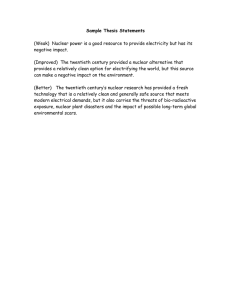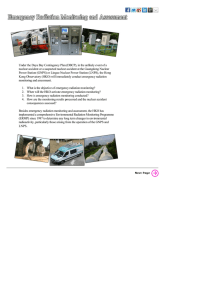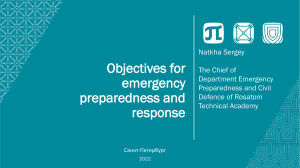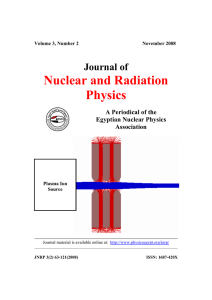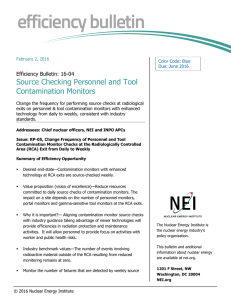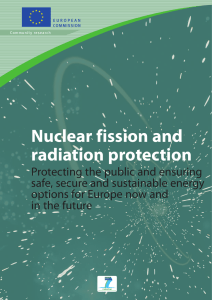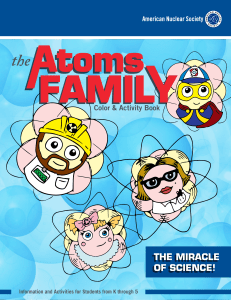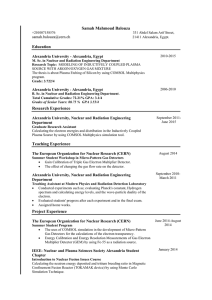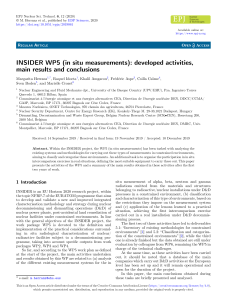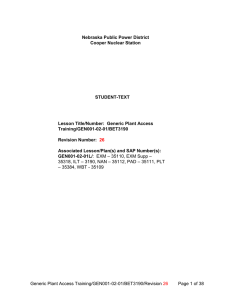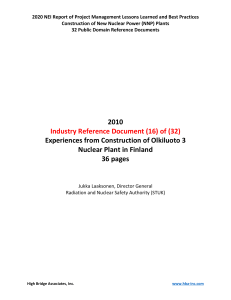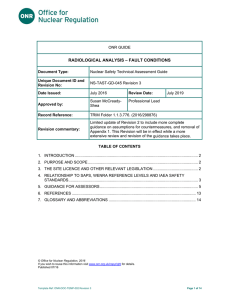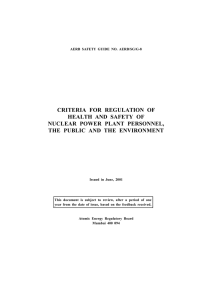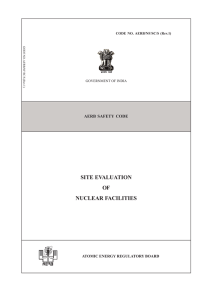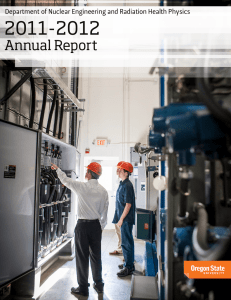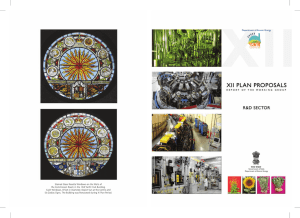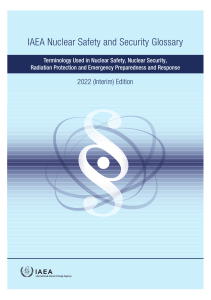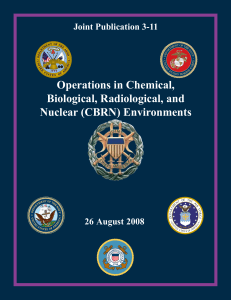Nuclear Engineering Program Outcomes • Ability to apply
advertisement
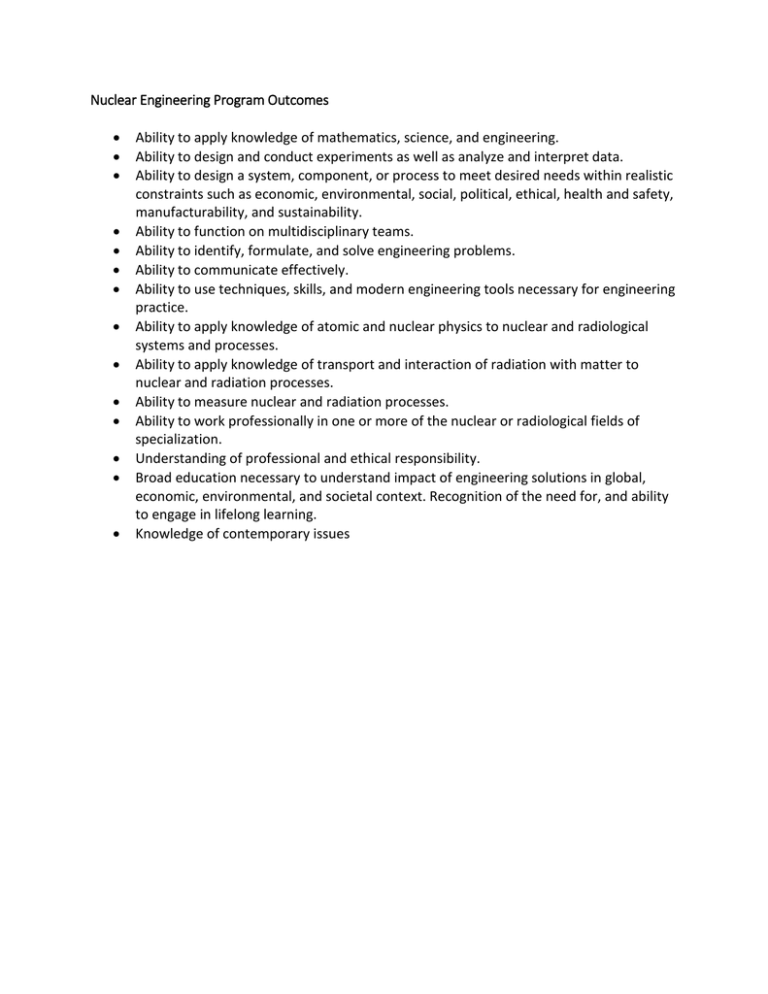
Nuclear Engineering Program Outcomes • • • • • • • • • • • • • • Ability to apply knowledge of mathematics, science, and engineering. Ability to design and conduct experiments as well as analyze and interpret data. Ability to design a system, component, or process to meet desired needs within realistic constraints such as economic, environmental, social, political, ethical, health and safety, manufacturability, and sustainability. Ability to function on multidisciplinary teams. Ability to identify, formulate, and solve engineering problems. Ability to communicate effectively. Ability to use techniques, skills, and modern engineering tools necessary for engineering practice. Ability to apply knowledge of atomic and nuclear physics to nuclear and radiological systems and processes. Ability to apply knowledge of transport and interaction of radiation with matter to nuclear and radiation processes. Ability to measure nuclear and radiation processes. Ability to work professionally in one or more of the nuclear or radiological fields of specialization. Understanding of professional and ethical responsibility. Broad education necessary to understand impact of engineering solutions in global, economic, environmental, and societal context. Recognition of the need for, and ability to engage in lifelong learning. Knowledge of contemporary issues


